Search Results
Showing results 21 to 32 of 32
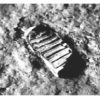
Regolith Formation
Source Institutions
In this three-part activity, learners use food to determine the effects of wind, sandblasting and water on regolith (dust) formation and deposition on Earth.
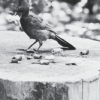
Jay Play
Source Institutions
In this outdoor activity, learners find out the color of food that jays prefer and then try to change the birds' preference by altering the taste of the food with salt.

Food for the Brain
Source Institutions
In this activity, learners dissect a piece of pizza to learn about nutrients important for health.
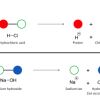
Chemical Identification
Source Institutions
In this activity, learners discover how a cabbage juice indicator helps identify acids and bases, and how iodine indicates the presence of starch.

Disappearing Colors
Source Institutions
In this challenge, learners figure out how to make a juice stain disappear.
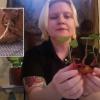
Growing Food From Scraps
Source Institutions
In this activity, learners will explore vegetative propagation while preparing food scraps to grow into plants.

Starch Breakdown
Source Institutions
Learners use Benedict’s solution and heat to test for the presence of simple sugars in glucose, sucrose, starch, and starch combined with amylase.

Wintergreen
Source Institutions
In this outdoor, winter activity, learners find living green plants under the snow and determine the light and temperature conditions around the plants.
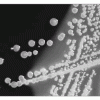
Microbes are Everywhere
Source Institutions
In this four-day activity, learners grow bacteria and/or fungi from a variety of locations and compare the results.
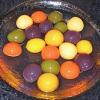
Jelly Beads
Source Institutions
Learners add drops of alginate solution to a solution of calcium chloride. The alginate does not mix with the calcium chloride, but forms soft gel beads.
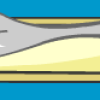
Dinosaur Bone Experiments
Source Institutions
This activity features two connected hands-on activities about dinosaur bones.

Reebops
Source Institutions
In this genetics activity, learners create imaginary creatures known as "Reebops" to explore the relationships between genes and inherited traits.
